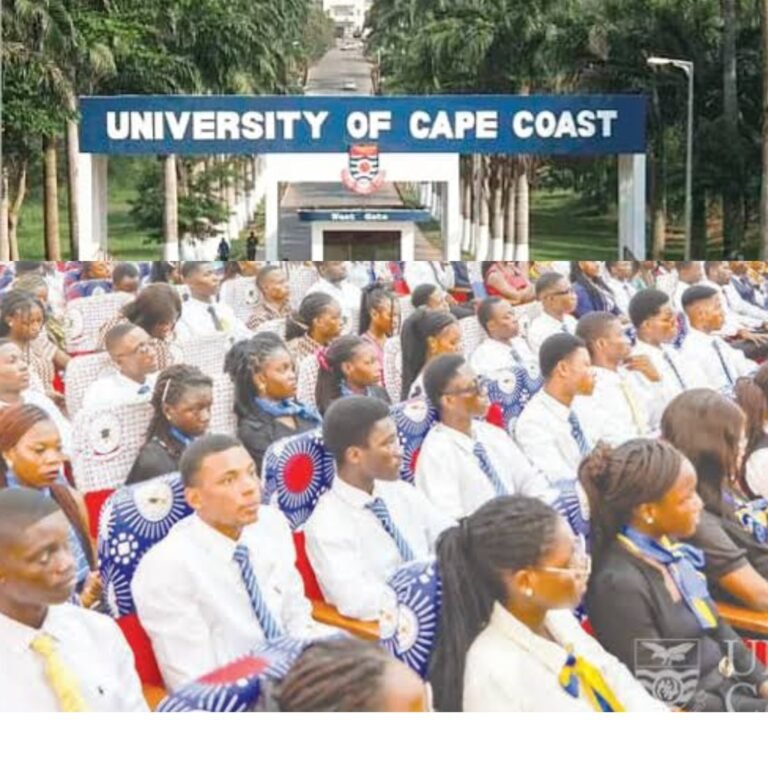
Research by the Trades Union Congress of Ghana and academia indicates that a huge chunk of Ghana’s working population is engaged in informal vocations, as agricultural workers, caterers, dressmakers, drivers, construction workers, artisans and artistes.
In helping bring on board such groups to enable them gain recognition in accessing social protection initiatives, including banking and insurance services, the TUC, in a partnership with Friedrich Ebert Foundation, had tried to organise them under an informal economy unions.
Imperative
Formalisation is very important because development can only have meaning when names are put to faces for purposes of planning and monitoring individuals, groups and institutions to inform policy, among other statutory responsibilities.
Again, it is also necessary because of the increase in scope and numbers of economic activities, and the need to identify actors for purposes of paying taxes. It is also important to enable the actors access opportunities and services across borders in a sub-region where a section of nomadic and migrant onion, tomato and pepper traders are on record as buying on credit from farm gates and absconding. This is due to the lack of unified identification systems that regulate the sector.
Gains
When we therefore decided to put names to faces and movement through the GhanaCard initiative, it was aimed not only at enhancing economic activity, but also knowing criminals from ‘decent folk’ and the plastic and metal scrap scavenger from the roaming porter who may be making more money than the graduate in a financial institution.
Of course, the digitalisation drive is also necessary in improving national security and stemming the tide of armed robbery, which has assumed cross border dimensions.
Relevance
In this regard, the Minister of Trade and Industry, Alan Kyerematen, is spot on when he proposes that the time has come for the Bank of Ghana and the Ministry of Finance to join hands in making funds available to the small-scale enterprises in helping grow the economy in a more vibrant manner.
As any politician would admit, that is the way to go in expanding economic activity and creating jobs at grassroots level to impact national development and growth.
And as the Minister would point out, that was the way most of the bigger economies went in growing the multinational business entities that we see today.
Building people
We, however, believe that when the Minister mentions support for small businesses, he has in mind clearly identifiable business entities that have proven to be responsible as local and cross border economic actors.
Thankfully, the digitalisation exercise has potential capacity to segment informal economic actors into cooperatives or unions that can be supported to build capacity to access social protection programmes.
While we commend the Minister for the relevance of his message, against the background of the fight to secure an economic rebound, we would also propose that institutions like the MASLOC get into collaboration with the TUC and Ministry of Gender, Children and Social Protection to rebrand itself as a more effective conduit for informal economy support.
That, in the opinion of the Daily Statesman, is important in reaching out to the grassroots, and making the desired social impact because of the history of the institution as a success story.







